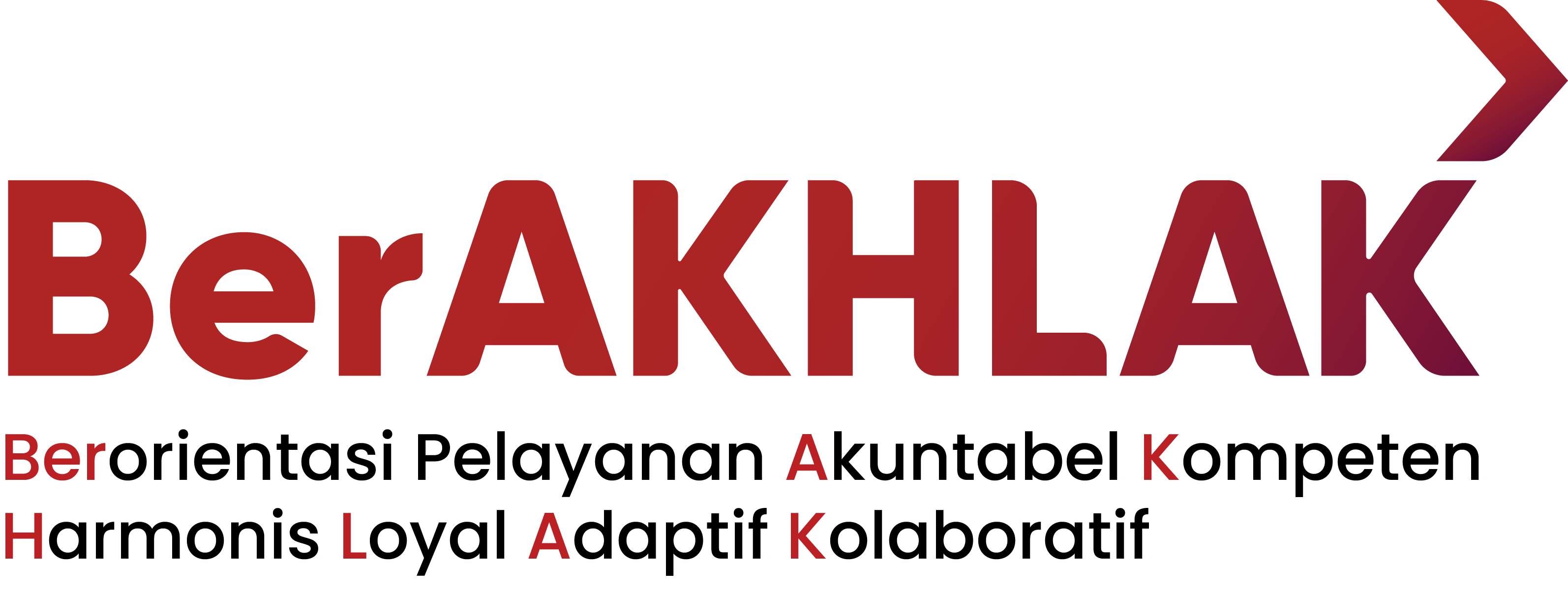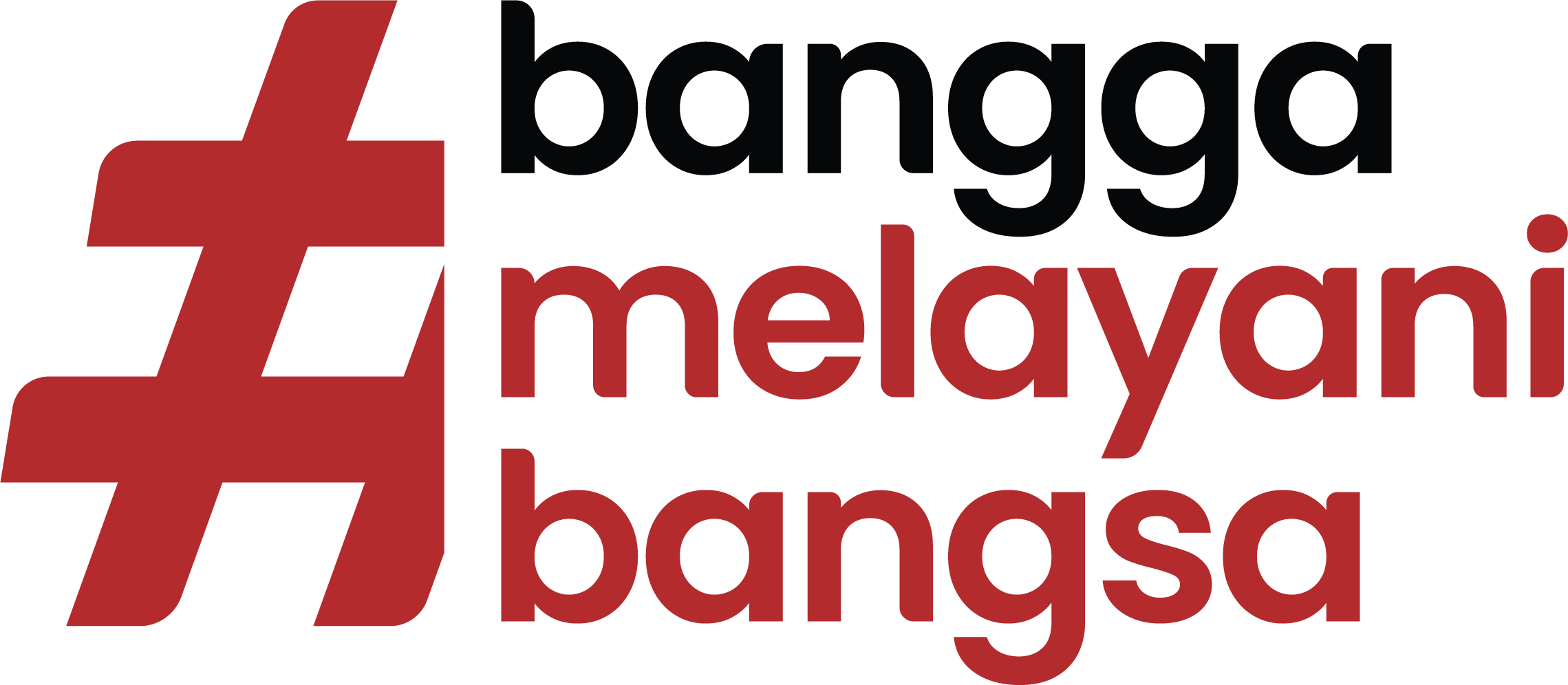SDI Steering Committee Agrees to Strengthen Indonesia’s Digital Transformation Strategy
Prime News - Tue, 30 July 2024

JAKARTA – "The One Data Indonesia Initiative aims to create an integrated, accurate, and accessible data ecosystem for all relevant stakeholders. This aligns with the vision of sustainable and inclusive national development,” said the Minister of National Development Planning/Head of Bappenas Suharso Monoarfa at the "Accelerating Digital Transformation Through SDI," Steering Committee Meeting (RDP) on Tuesday (30/7).
Acting as the Chairman of the One Data Indonesia (SDI) Steering Committee, Minister Suharso noted that through collaboration and synergy among institutions, the committee can ensure that the data produced will be of good quality and is reliable for development planning and evaluation.
The meeting, which was also attended by the Minister of Administrative and Bureaucratic Reform, the Minister of Communication and Information Technology, the Minister of Health, the Deputy Minister of Home Affairs, the Acting Head of BPS, the Head of BIG, and the Head of BSSN, strengthened collaboration among ministries/agencies (K/L) to accelerate national digital transformation and the implementation of SDI policies.
Currently, SDI has reached a connectivity level of 69 K/L, 29 provinces, and 247 districts/cities. The SDI Steering Committee agreed on seven work plan points: developing a data model platform for data efficiency, managing a data exchange platform to support Presidential Regulation No. 82/2023, strengthening central-regional synchronization, expanding data utilization through the integration of the One Map Portal and SDI Portal, accelerating the fulfillment of SDI principles, expanding clearance for SPBE spending, and strengthening data governance through the update of the Ministerial Regulation of National Development Planning/Bappenas No. 16/2020.
SDI is developing a Data Model Platform to identify data duplication and support SPBE. This effort also involves the grand design of Bureaucratic Reform assessments to enhance SDI implementation. The Data Model Platform is expected to support the acceleration of digital transformation by identifying duplication in government applications and data. SDI is also developing data exchange governance within the INA DIGITAL framework, providing citizen-centered services, and focusing on priority SPBE service use cases such as health. To address territorial boundary issues, SDI is developing a dynamic administrative region reference code platform. SDI implementation in regions needs to be enhanced to build awareness of the importance of SDI in planning. BPS and BIG are committed to supporting SDI principles at both central and regional levels, and promoting the integration of the One Map Portal and the One Data Portal. Government data exchange must also comply with the Personal Data Protection Law (PDP) to ensure the security of citizens' data. SDI is expected to support a data-driven policy-making, control, and evaluation ecosystem for various development agendas and to strengthen the digital transformation agenda.


